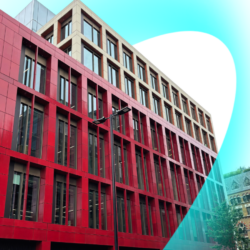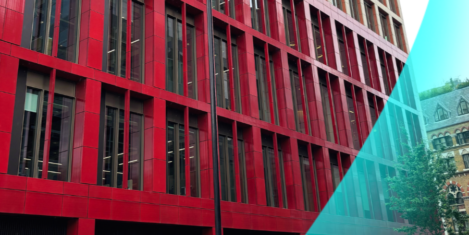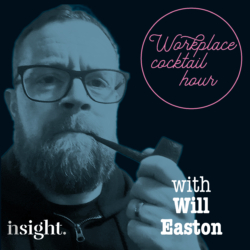To provide the best experiences, we use technologies like cookies to store and/or access device information. Consenting to these technologies will allow us to process data such as browsing behaviour or unique IDs on this site. Not consenting or withdrawing consent, may adversely affect certain features and functions.
The technical storage or access is strictly necessary for the legitimate purpose of enabling the use of a specific service explicitly requested by the subscriber or user, or for the sole purpose of carrying out the transmission of a communication over an electronic communications network.
The technical storage or access is necessary for the legitimate purpose of storing preferences that are not requested by the subscriber or user.
The technical storage or access that is used exclusively for statistical purposes.
The technical storage or access that is used exclusively for anonymous statistical purposes. Without a subpoena, voluntary compliance on the part of your Internet Service Provider, or additional records from a third party, information stored or retrieved for this purpose alone cannot usually be used to identify you.
The technical storage or access is required to create user profiles to send advertising, or to track the user on a website or across several websites for similar marketing purposes.
 All the current tenants at Bloom Clerkenwell in London are now enjoying indoor mobile connectivity from all four mobile network operators (MNOs) thanks to a world first from Freshwave. Connectivity infrastructure-as-a-service provider Freshwave’s Omni Network delivers 4G signal from all four operators combined into a single box, something which has never been done before with small cells. It was deployed at Bloom using CommScope’s ONECELL. (more…)
All the current tenants at Bloom Clerkenwell in London are now enjoying indoor mobile connectivity from all four mobile network operators (MNOs) thanks to a world first from Freshwave. Connectivity infrastructure-as-a-service provider Freshwave’s Omni Network delivers 4G signal from all four operators combined into a single box, something which has never been done before with small cells. It was deployed at Bloom using CommScope’s ONECELL. (more…)

































July 10, 2024
The facilities manager’s fear of the penalty kick
by Mark Eltringham • Comment, Facilities management
And the curious thing about them is that they were all goalkeepers.
(more…)